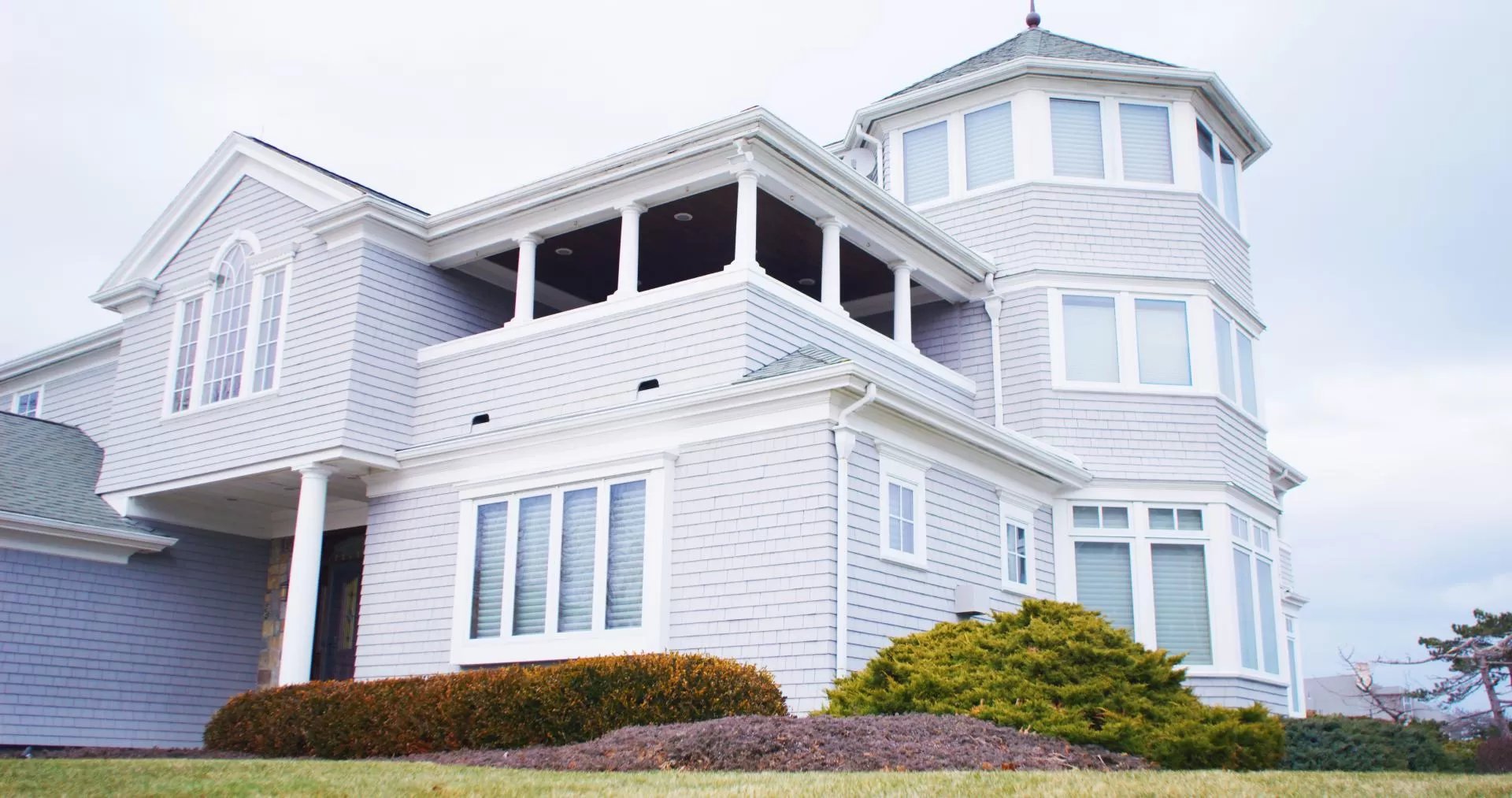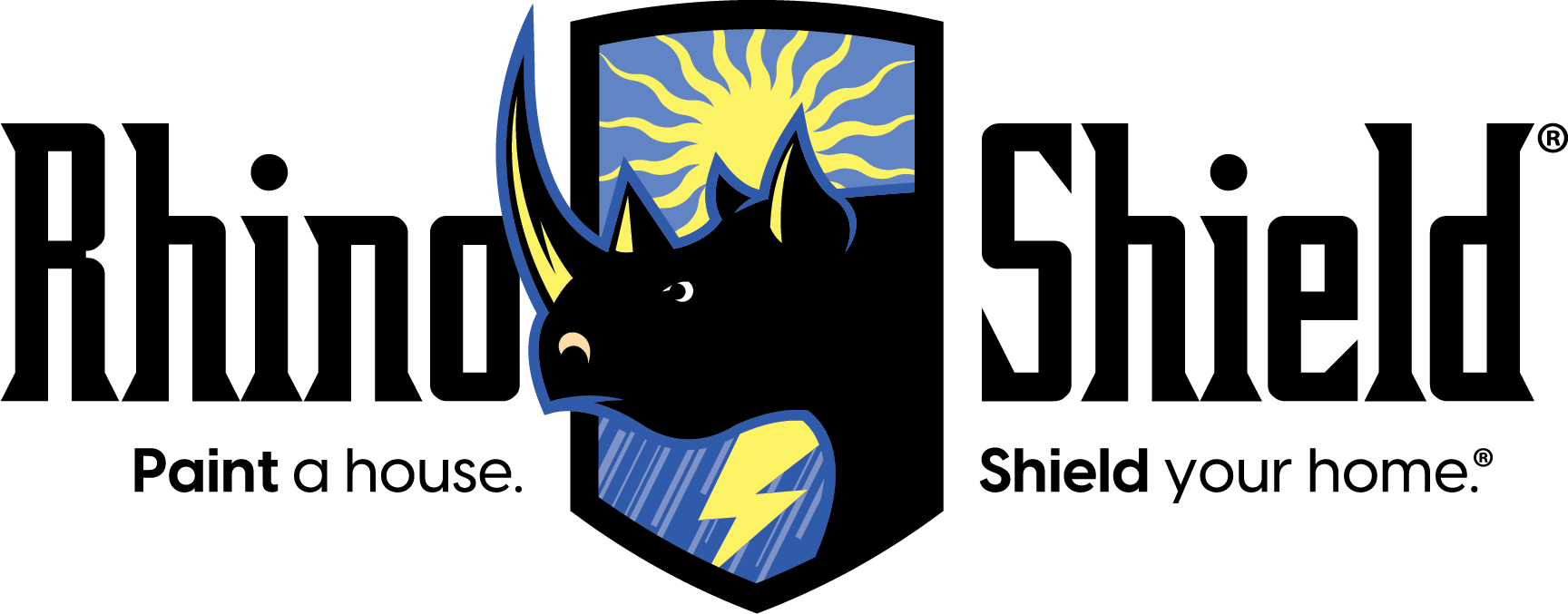
The Installation Process For Rhino Shield
Rhino Shield dealers take the preparation and installation of our coating systems very seriously and pride themselves on the quality of their installation work compared to other coating contractors. We appreciate that our customers demand an installation that is completed on time, with no mistakes, and using professional applicators. Our dealers' only goal is to achieve the highest customer satisfaction on every job.
To ensure consistent success, only Rhino Shield applicators can install our system. Virtually all of our dealers are accredited by their local Better Business Bureau and carry an A or higher rating.
A typical Rhino Shield installation process is described below. However, each project is unique and deviations from these steps may occur depending upon the special requirements of the job.

Step 1 - Thorough Inspection
A Rhino Shield Dealer Representative will walk the project area and inspect the space to be coated. We note any areas needing special attention including making an inventory of any wood that needs to be replaced, stucco needing repair, etc... A production plan is developed that includes the estimated time to complete the installation, the amount of labor required, and if any special equipment, such as a lift, is necessary to complete the project.

Step 2 - Cleaning and Washing
All jobs will start with a thorough cleaning which almost always includes a pressure wash. The installation team will take proper care to maintain the surface look and feel of your substrate. A clean and dry surface free of dust, oils and mildew spores, algae, and surface chalking will ensure optimal Rhino Shield adhesion.

Step 3 - Patching and Repair
Depending upon the extent of any wall damage, we repair or replace all damaged areas. This includes wood replacement and patching and stucco repair. Our goal is to bring the surface back to its original condition both for cosmetic as well as for coating installation reasons.

Step 4 - Scraping
On wood homes, all loose paint and debris must be removed. Easily removed paint may be sanded and scraped by the crew. Other forms of paint removal can involve chemical or mechanical stripping although, this is not necessary for all instances. Our goal is a bondable surface for both primer and ceramic finish coats.

Step 5 - Caulking
Caulking is an important aspect of any successful coating installation. Using a high-quality acrylic elastomeric caulk (not silicone caulk), Rhino Shield crews caulk small surface cracks, vertical joints, and horizontal seams around doors and windows to reduce moisture intrusion. Old or split cracked caulk will be removed at this time. However, we typically do not caulk underneath laps as that may affect proper siding ventilation.

Step 6 - Masking
Areas not being coated may be masked off, covered, or temporarily removed by the installation crew. Typical areas to be removed include light fixtures, signs, downspouts, window shutters, and mailboxes. Special attention is given to covering areas such as roofing, landscaping, lawns, decks, and other areas prone to windborne spray.

Step 7 - Priming
The next step in the Rhino Shield installation process is priming. We do a full area prime (not spot) to seal, improve water resistance, and provide a bonding agent for the ceramic finish coat. When applied, the primer-sealer is white in color but may dry to a clear finish depending upon the Rhino Shield system utilized.

Step 8 - Finish Coat Application
Now the surface is finally ready for the ceramic finish coat. The finish coat is sprayed at a high mil thickness (100 square feet per gallon) to provide ultimate protection to your walls. Some areas (especially porous sections) may require brushing or back rolling of the ceramic finish coat. The ceramic coat can be tinted to over 1,500 colors.

Step 9 - Detail Touch-Up
After the finish coat has been applied, touch up of any highly detailed or tight space areas to make them look their best takes place.

Step 10 - Clean Up
The Dealer installation team strives to leave each job site as it was upon arrival. All masking and coverings will be removed and any fixtures will be replaced and any leftover debris will be removed.

Step 11 - Final Inspection
Once the project is complete, you will review your Rhino Shield installation with the crew chief for final sign-off. Any remaining installation issues are identified at that time. Our work is not 100% complete until you are fully satisfied with your Rhino Shield application.


